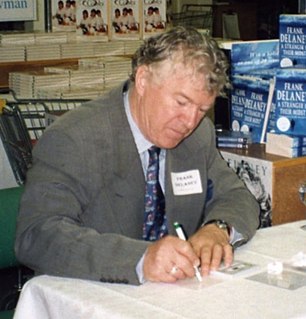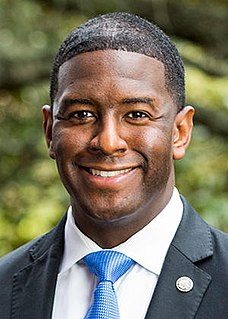A Quote by Chinua Achebe
It has always been quite apparent to me that no important story can fail to tell us something of value to us.
Related Quotes
Valuations are always much-debated. I try to center on what is the value to us. Is it solving a problems for us? If it is, we find a way to proceed. If the valuation has been overhyped on something and it doesn't make sense, we won't. It's very simple for me. I tend not to worry too much about the valuation. It's really what the value is to us.
I’ve been rereading your story. I think it’s about me in a way that might not be flattering, but that’s okay. We dream and dream of being seen as we really are and then finally someone looks at us and sees us truly and we fail to measure up. Anyway: story received, story included. You looked at me long enough to see something mysterioso under all the gruff and bluster. Thanks. Sometimes you get so close to someone you end up on the other side of them.
It is quite beyond me how anyone can believe God speaks to us in books and stories. If the world does not directly reveal to us our relationship to it, if our hearts fail to tell us what we owe ourselves and others, we shall assuredly not learn it from books, which are at best designed but to give names to our errors.
A lot of people write and tell us what The B-52s meant to them - straight, straight-A students, those who were a little awkward, weren't always the ones who fit in. People have told us that just having us and our music was beyond important and really made me feel that what we were doing was worth something big.
Our easiest approach to a definition of any aspect of fiction is always by considering the sort of demand it makes on the reader. Curiosity for the story, human feelings and a sense of value for the characters, intelligence and memory for the plot. What does fantasy ask of us? It asks us to pay something extra.
The one joy that has kept me going through life has been the fact that stories unite us. To see you as you listen to me now, as you have always listened to me, is to know this: what I can believe, you can believe. And the way we all see our story-not just as Irish people but as flesh and blood individuals and not the way people tell us to see it-that's what we own, no matter who we are and where we come from.
Each of us is our own story, but none of us is only our own story. The arc of my own personal story is inexplicably and intrinsically linked to the story of my parents and the story of my neighbor and the story of the kid that I met one time. All of us are linked in ways that we don't always see. We are never simply ourselves.
The mythology around colorblindness leads people to imagine that if poor kids of color are failing or getting locked up in large numbers, it must be something wrong with them. It leads young kids of color to look around and say: "There must be something wrong with me, there must be something wrong with us. Is there something inherent, something different about me, about us as a people, that leads us to fail so often, that leads us to live in these miserable conditions, that leads us to go in and out of prison?"
Music, feelings of happiness, mythology, faces worn by time, certain twilights and certain places, want to tell us something, or they told us something that we should not have missed, or they are about to tell us something; this imminence of a revelation that is not produced is, perhaps, the esthetic event.
When I was a child, my father used to encourage my brother and me to fail. At the dinner table, instead of asking about the best part of our day, he would ask us what we failed at that week. If we didn't have something to tell him, he would be disappointed. When we shared whatever failure we'd endured, he'd high-five us and say, 'Way to go!' The gift my father gave us by doing this was redefining what failure truly meant.
It's very important for feminism for us to tell our daughters that they should be strong. But to tell our sons that they can be vulnerable, to have these characters on screen that are not perfectly masculine cowboys that never fail, for our boys to change their psyche as well, that's equally important for feminism.






































